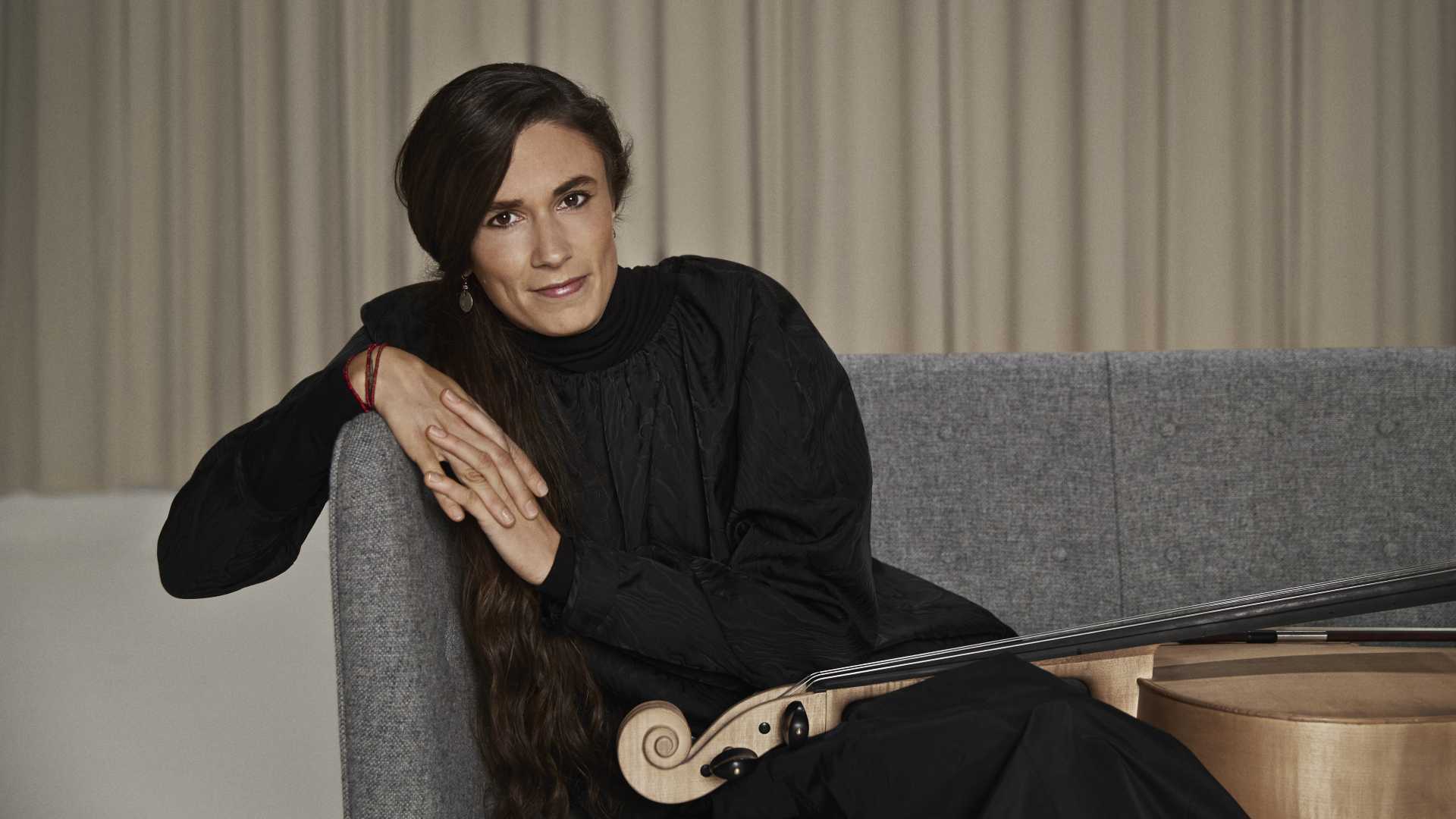bosone
Senior Member
actually no, that's the only one i have tried and I must say that what I hear sounds quite "natural". but what is "natural" for one that has always been "deaf"?! :DThanks for the brand advice !
Forgive my ignorance, as I never tested hearing aids, but isn't the sound too much artificial ? I fear that a sound going through a microscopic mic, then processed in a small device and finally released by a tiny membrane, would be very degraded ? I suppose it depends of the quality of devices, did you try other brands before Widex ?
widex had several musician as "sponsors", which I admit led me to chose that brand

Widex sound ambassadors: Three experts in great sound | Widex
Learn about our Sound Ambassadors, who discuss the role of sound in their lives and the soul of the Widex sound philosophy: PureSound™.
there are ways to reduce background noise and to filter / enhance some frequencies (this is true for all brands). this helps understanding speech in noisy environments but is completely useless and unnatural when you are listening to music. if this noise suppression is on, imagine to listen to e.g. a distorted guitar and gradually apply an low-pass filter at high frequency... you start to hear the sound "changing" and filtered! what i did is ask to make a specific program for music without any sound modification.
it works quite well...
if you want to take the step, probably you can find some shop that will let you try the airing aids for free. it was an easy decision, I admit...
in any case, the sound is much more "natural" with these devices than with my "damaged" ears! :D



